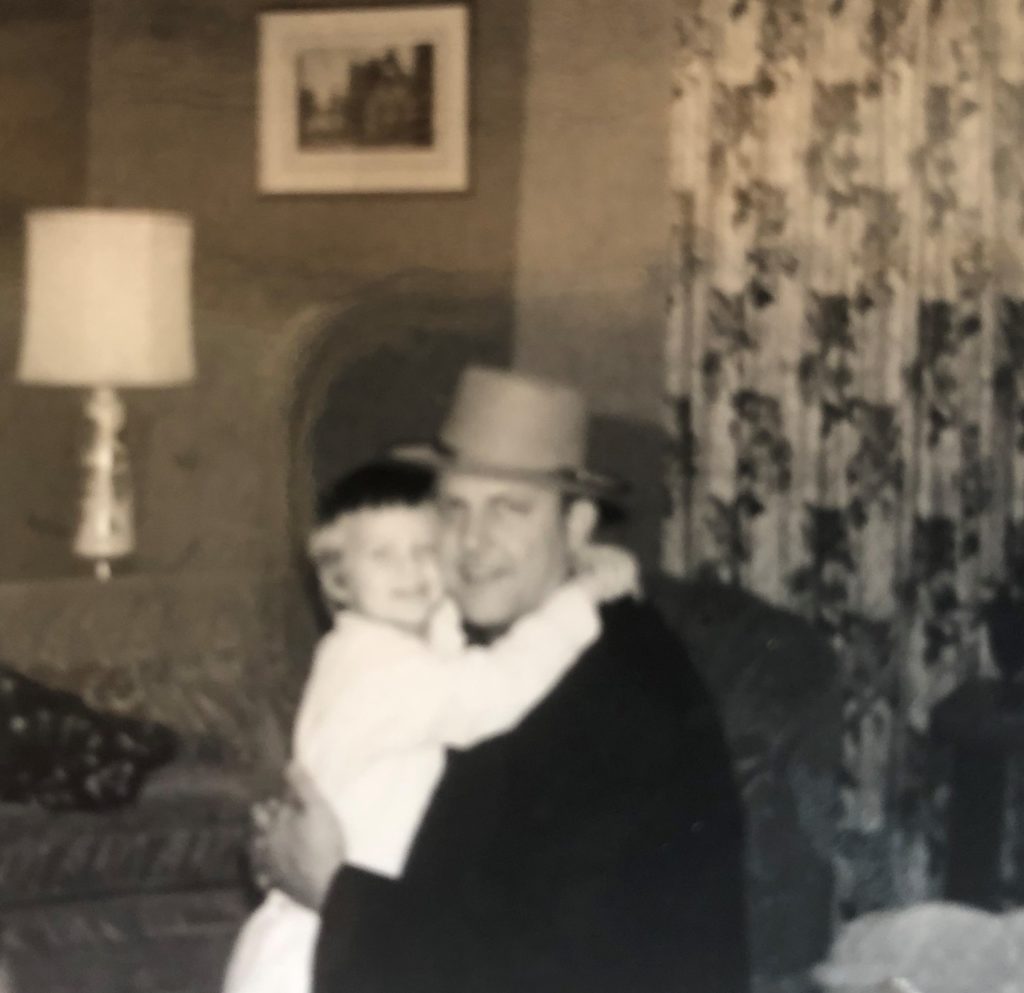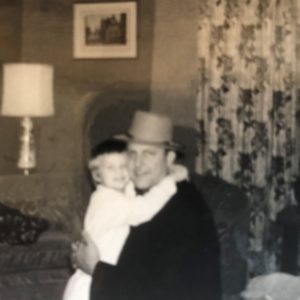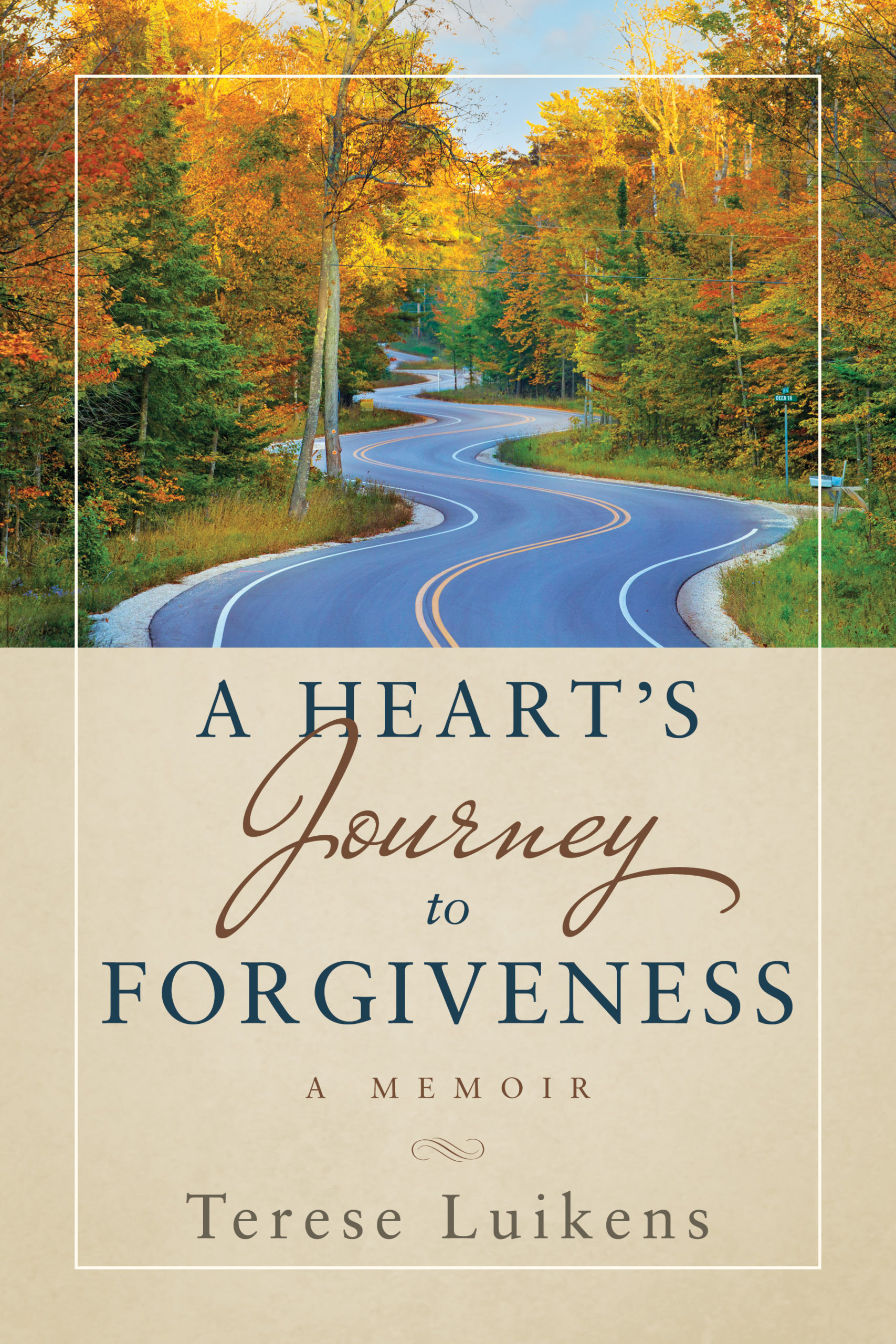
Why Bother To Consider?

Why Bother To Consider?
Along with being a wife, mom, mom-in-law, grandma, sister, aunt, friend, author, yoga teacher and public school teacher, I am also a suicide survivor.
My father ended his life on July 5, 1972. I was twelve-years-old. I remember how my mother explained his death to me by saying, “Your father’s heart stopped and he is dead.” Somehow though, I knew that her words were only partly true.
A few days before his funeral, I asked one of my older sisters, “How did dad really die?” Since older siblings know more than the younger siblings in a family, I trusted her to tell me the real story of his death. Though she spoke softly and quietly, her words were like a heavy, blunt force that hit my heart so hard they took my breath away. His death alone was hard to absorb. That it was not an accident, was harder to fathom.
Ruminating on the Facts
I connect well with this quote from another suicide survivor, Dr. Edward Dunne, an editor of Suicide and Its Aftermath: Understanding and Counseling the Survivors, when he said, “For me, being a survivor has made me a reluctant participant/observer in my own inner struggle between wanting that to be the most important fact of my life and wanting it to be the least important.”
When a person takes their own life, it affects the life of another for the rest of their lives. Regardless of whether or not my father’s suicide is the most important or the least important part of my life, I cannot deny that it left me as a reluctant struggler.
It is impossible to imagine how my nature would have turned out differently if my father had chosen to live his life instead of ending it. So, I can only say how his death affected me.
First of all, it pitched me prematurely onto a path of independence. Knowing my dad’s protective presence was gone was like knowing I no longer had a guardian angel. Intuitively I knew I would be on my own in trying to survive his death. Mom’s inability to tell me the truth from the start indicated to me that she would be incapable of any support in the aftermath.
Though life with Dad had been chaotic, it was still a predictable chaos. After his death the tide of events became absolutely unpredictable. By all appearances, the gates of hell had been swung wide open and something worse could possibly happen. I put up my “dukes” so to speak, taking a guarded and defensive posture against any and everything. Protecting myself from feeling any more pain became paramount.
My siblings and I did not share our grief. It was private. No one spoke about his death. No one understood just what to do with all the sadness that now permeated our lives. Like silos on a prairie, we stored our sorrow, shame and guilt in silence.
Now, I know that suicide survivors are connected. We all share the same interior tension. We are reluctant to participate in that inner struggle between wanting it to be the most important fact of our lives or the least important. Nonetheless the truth remains. We survived a suicide.
Why bother to consider? It is worth contemplating what we struggle with and observe how it partly defines our nature. Then maybe we can lend a hand to a kindred spirit.
New Release
